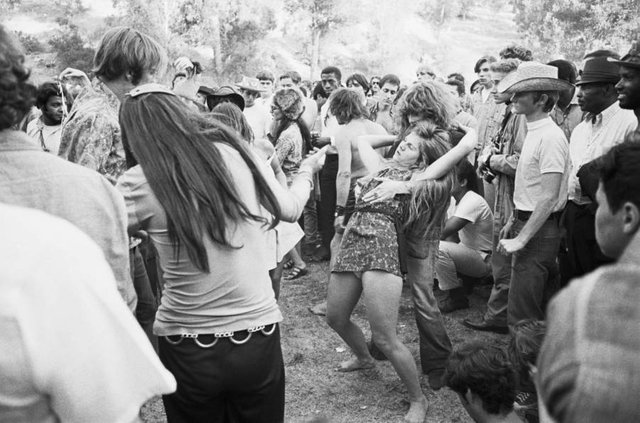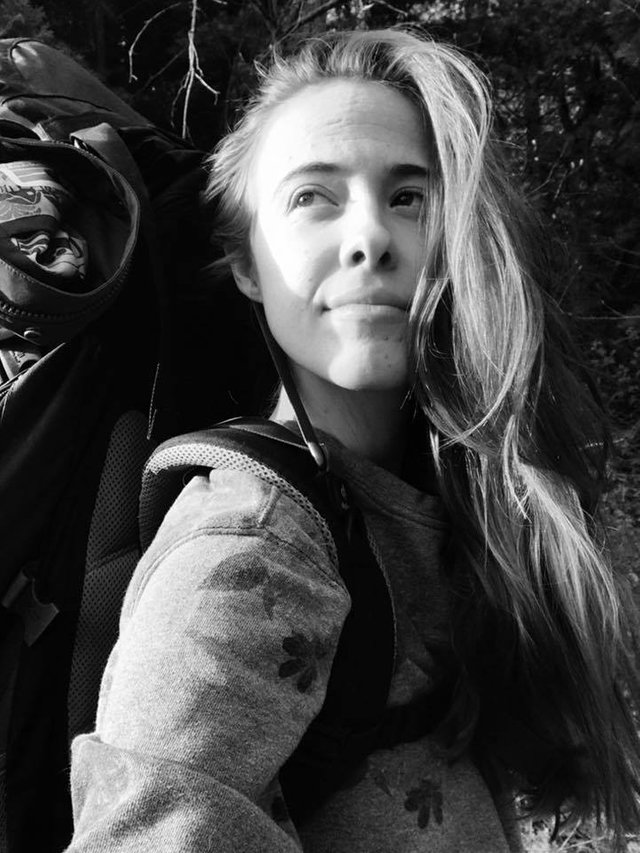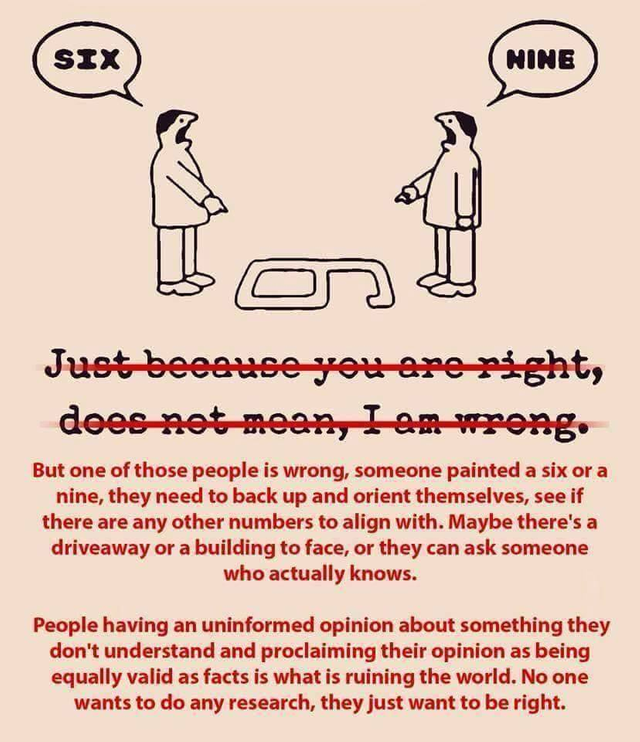What is addiction?

This is in celebration of my second post on Steemit.
https://steemit.com/addiction/@laurabell/what-is-addiction
And as some of you know, not only am I a wild fiction writer -- I am also a non-fiction loving braniac in grad school.

And I was thinking recently about that second post. I went back and I reread it. Seeing if I was still in total agreement about the post, still seeing if I differed in any way? Or if I still really agreed on the topic? I was debating the topic with the friend who seemed to imply the reason behind addiction was the drug itself. Perhaps this wasn't the case; it is only my perspective.
Yet, it got me thinking about a common argument that drugs are to blame -- that it's not an internal wiring problem. By internal wiring; I do not intend to imply that an addict themselves are broken, they are only maladaptations to major or minor life traumas or obstacles. Rewiring in terminology is meant to imply restructuring can fix the problem. That the situation in question is malleable.
Maybe that's my difference in understanding verses the traditional A.A. or N.A. versions of the definition. I don't think forever, and always -- if it happened once. Yet, here is the paradox. For some people complete, and total abstinence of a certain drug or substance is imperative to health and well being. This doesn't mean ALL substances are forever banned to everyone, and maybe to another individual ALL substances are deemed reprehensible. It's personal conviction. And in my personal experience don't confuse personal conviction for absolutes. I think it's that mindset that harms others in the honest attempt when those are just trying to 'survive at all cost'.
And for those privileged enough to be reading this blog and NOT KNOW that feeling. If someone does not to the know the feeling of "I must survive this" at all cost. I would surmise that it would be like floating or coasting in life. Like, not doing what you were truly capable of because why?
But I think if you are reading this post. You do know the feeling of surviving opposed to thriving.


I just wanted to revisit that topic of addiction I wrote about two years ago.* I went back and re-edit to to include what I believed in still currently. And also to revise various other aspects of the post. Including times I feel like I was being incredibly condescending and what not. I think I tend to write in a condescending and sarcastic approach? I want to stop that tone from emanating on my work. I think that's where some of my impromtu fiction workings have helped me see these manifestations in a funny, or humorous way. Helps me adjust.
Anyways, as an author -- as well as an artist. I look for changes in my work over time. I look to see how I saw, what I saw and how I see now. I am very interested in my perspective and how that will shift. I don't believe that makes me weak, but makes me strong and vulnerable. I love having a platform in which I am able to share this openly on. Maybe in two or three more years, I'll come back and revisit this topic again.
But with different eyes. Because in two or three years. I'll be a different person. I'll see things differently. I'll have a different perspective. Not good, not bad. Sometimes there is such wisdom in the messy, in the abstract. Such beauty in the chaos. And the art we produce when we have those wounds, will mean overcoming in years to come. I believe art takes a wound trapped deep down inside us and heals us through expression. And its through looking at the changes in our own art is so powerful in seeing the patterns in our life.
(art = life expression; this is a very loose definition. We are all artists. We all create and live... so own your art! Don't think "I am not an artist. You are. You breathe, you express. We all do.)
I think that's why I like journaling.
Before writing a series of essays elaborating why all plants should remain (or become) legal — I first need to address the elephant in the room. Why do I believe they should actually be legal in the first place? I am really on the fence honestly. Here is my intention: I want addicts to be able to heal, and recover. I want the best for them.
And here's this dark truth after talking with a lot of suffering addicts. In some cases, if they just want to use until they die. Who are we to stop them? You can't force someone to be clean. You can't force someone you love to love themselves. You can't force change. Sometimes you just have to let them go, and pray that there is a force higher than yourself that can save them.
AND.
I don't think jails help the addict overall. I think it further perpetuates the problem of trauma and abuse. (You learn or swap drug choices in prison a lot of the times. Do not be so naive to think jail or prison is clean or free of drugs). I think some people have gotten clean because of our current system. I am not bashing the system as a whole. As with everything, I think there are good parts and bad parts. I don't advise as a nation that we throw out that baby in the bath water. I don't think becoming Sweden "drug force" over night is the answer to our problems of addiction as a nation.
I think the multifaceted problems lay first in the acknowledgement of the huge issue of the choke hold the pharmaceutical companies have on the civilians, government officials, and various "unbiased" institutions across our great nation. And also at the acknowledgment that drugs are only a symptom of the problem. Take away the drug of choice. It will switch. I think these pharmaceutical companies play off and pervert this human desire for escapism.
However, the drug does not have to be -- or is solely -- pharmaceutical or drug in nature. Addiction runs across all sorts of boundaries and barriers. It can be plant based. Again, "using" is the symptom. Addiction is perverted or maladaptative trauma. At its core it's the need to over escape. Why?
That's the million dollar question. I am just here to surmise my opinions about the true nature of this conversation: what is addiction? After that question is answered maybe we can talk about treatment and other such. But for right now, the true definition is not well understood by medical professionals and the public alike.
I am just adding words to a conversation.
If you agree -- Great, I'd love to hear about your story!
If you don't -- Why? I'd still love to hear your thoughts and story.
I want to learn.
So as of April 11th, 2020 -- this is what I believe.
Certain drugs and/or plants can be addictive. They can be addictive either mentally and/or physically. This is true. However, I want to separate the addict from the addictive qualities of the drugs themselves. There is an underlying psychological mechanism of addiction that lies at the heart of “a drug problem”.
Addiction is not the about the addictive qualities of the drugs themselves — if this was the case, every individual who ever tried alcohol would become an alcoholic. If we want to help addicts, we first must understand and define addiction. We must look at the root cause of addiction and not the symptoms (drug use).
In its purest form, addiction is escapism to the utmost degree. A person in the grips of addiction cannot bare to live life on life’s term — meaning, an addict cannot accept the cards that life has given them in the past and they live in continual fear of what the future holds. Every addict has dealt with immense amounts of suffering, even though not every trauma survivor is an addict.
Simply, an addict is a person who has faced injustice – major or minor. And when given the choice to heal, to adjust or change, to overcome and blossom; the person who is inside active addiction chooses to hide from the pain it takes to bloom. When to choice comes to stay suck or grow; the addict chooses to stay stuck.
Why? Because, in the short-term it feels better, it feels safer. The addict has already been through emotional trauma, and to change takes courage to work thorough these emotions. And to sit and feel those feelings that have been buried for years, or decades — is scary. So they hide, and escape these feelings that are bubbling and brewing.
They escape with whatever means necessary, and the most common form is drug abuse. Inside their body, they feel like they are going to die if they choose to feel these feelings, or face reality. The addict uses drugs to survive these feelings. Right, or wrong — addiction is a mechanism of survival. Drugs are only used as a means to survive, and to forget. Drugs are only a symptom of addiction, the root cause is trauma and the inability to cope with one’s emotions.
Trauma can be simple, or complex. It can be as difficult as sexual abuse, the death of a parent, the loss of a home or country. A child can experience trauma by being neglected, or ignored as a child; even if they are given all the material possessions they desire. Trauma can be hidden or obvious. All the addiction does is create better, more pleasant emotions. Addiction fills a hole that trauma created.
Drugs can be many things, most addicts have their “drug of choice”, or a substance that allows them to feel control over their emotions and over their life. To some this could be Meth, Cocaine, Adderall — the highs make them feel powerful, and unstoppable. To others, Heroin and/or Alcohol put them in the perfect zen, and allows them to finally feel at ease inside their skin. It doesn’t matter what the drug is, all that matters is how that substances makes the addict feel.
It's all about their sense of well-being.
An addict uses drugs to FEEL better. It scratches an emotional itch that logic, pain, fear, more trauma, death -- cannot touch. It doesn't have to be a pill, a plant, a drink.
No. That's not what addiction is about.
Yes, you heard that correctly, addiction doesn’t even have to be a pill, an illegal plant, or a drink. Escapism can be enjoyed through video-games, food (binge eating, or restriction) and even something as benign as exercise. But would you recommend banning video games, food or exercise?
Because food, video games, anything! Yes, anything can by an expression of addiction, or a temporary internal wiring issue (or permanent, depending on one's choice). Addiction is not about the substance.
Addiction is about trauma and the inability for the person to cope with said experiences — so they look for an escape. Addiction is escapism.
So here is my belief system. Logically listed out, itemized per say. This is how I have configured all of the data I have taken in over the course of a decade plus of being around, working, as a student, as a person being inside the treatment industry, being a self identified "addict" at times.
Drugs are only a symptom.
Banning drugs do not help addicts, it only turns them into criminals and creates more trauma.
Treating addiction is rewiring the brain.
It is giving better coping tools to addicts.
Giving addicts a place to speak about their feelings in a safe place
and replacing the isolation with community heals addiction.
The war on drugs has not eliminated drug abuse.
We need a solution.
Healing starts with helping trauma survivors cope in more effective manners.
So let's start there.
Or, allow addicts to live inside their illness with peace.
It's peace that draws them out, not fear of war, not isolation.
The sad truth is: only the addict can choose to begin growing again.
And sometimes they choose not to, and that is a sad reality.
Addiction, left untreated — can lead to death.
I ask you earnestly, have you ever first hand seen the suffering of an addict inside active addiction? I have.
Many.
One night I prayed for one in particular. I called upon the universe. I called upon the God of my understanding. I asked for her safety in active addictions; the streets are not friendly to such a beautiful woman.
I asked to the universe to guide her to peace — peace in recovery.
Or, peace in death.
The life of an addict is not easy.
Let’s not make it worse by continuing the war on drugs.
These people don’t need jail cells, they need love and healing.
There is also a parallel truth – not all escapism is bad, or is addiction. Escaping can be positive, and relaxing – it can be a well needed break. And not all “drug use” is escapism. Plants can be used as medicine. Just because someone struggled with drug abuse, does not mean they are an addict. The world is not black and white. Thinking of addiction in terms of a black and white issue – AKA if the person stops using drugs, all their problems will go away – will not solve any problems. Plants can be used as medicine. Plants can be used as drugs. Plants can be used for positive recreational use. Plants can be an addicts drug of choice – the same plant can be a person’s medicine.
This article is only explaining true addiction, and addiction is ONLY self-diagnosed. An addictive personality is not the same thing as addiction. Depression or mental illness is not the same thing as addiction. There can be overlaps, but this topic is not black and white. Banning drugs because it is “addictive” is missing the point of what addiction actually is.
Bottom line: Addiction is not about the drug, or availability of a certain drug. Banning plants does not stop addiction. Treat addicts with love, compassion and community – not with a jail sentence. Plant medicine is real – and plant medicine can treat addiction (psilocybin mushrooms and ayahuasca).
To break it down for you even further:
Plant Medicine is not addiction.
Addiction is not about the drugs or plants used – it’s a form of escapism.
Addiction is about escapism.
All escapism isn’t addiction.
Addicts can benefit from plant medicine.
Yes, it’s complicated – and that’s why the war on drugs has not worked. That I know. Or, that I full heartily believe.
But, treating addiction with psilocybin mushrooms and/or ayahuasca is for another blog post.**
**still, for another post.
